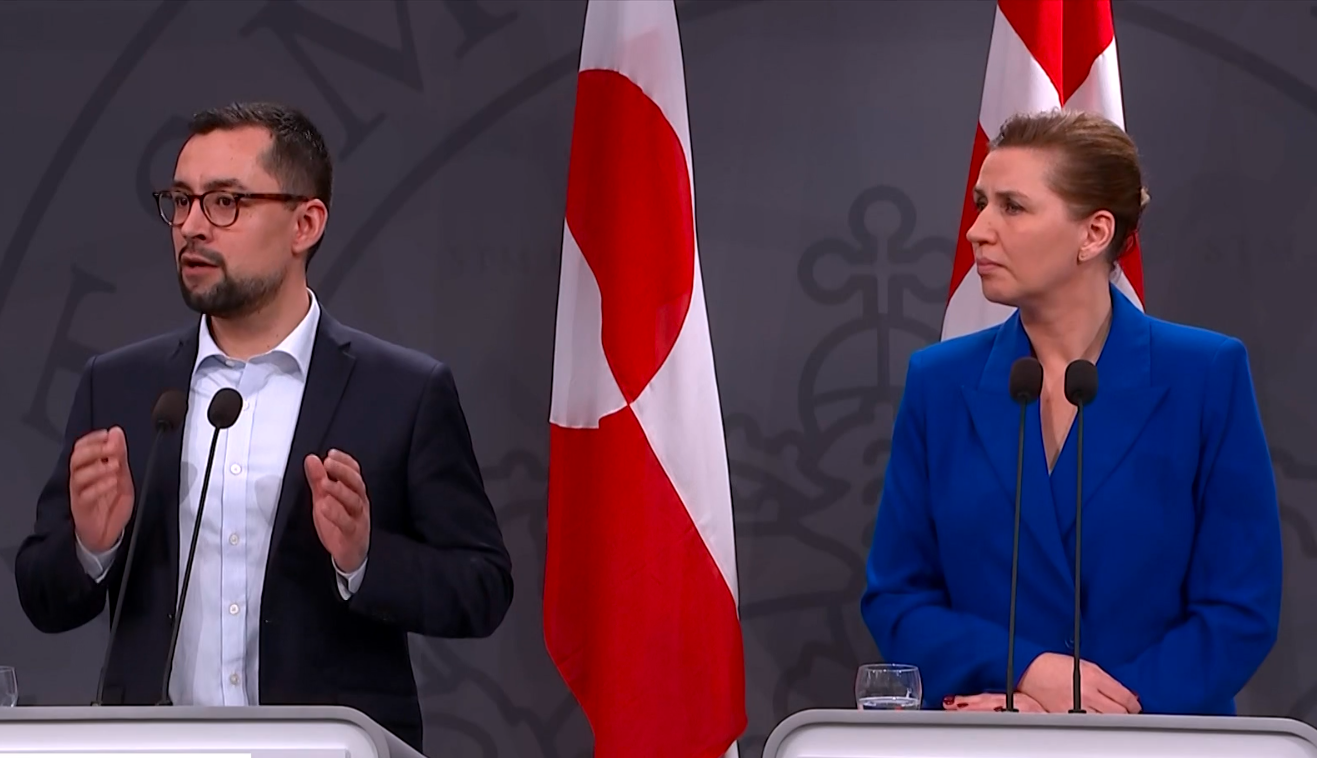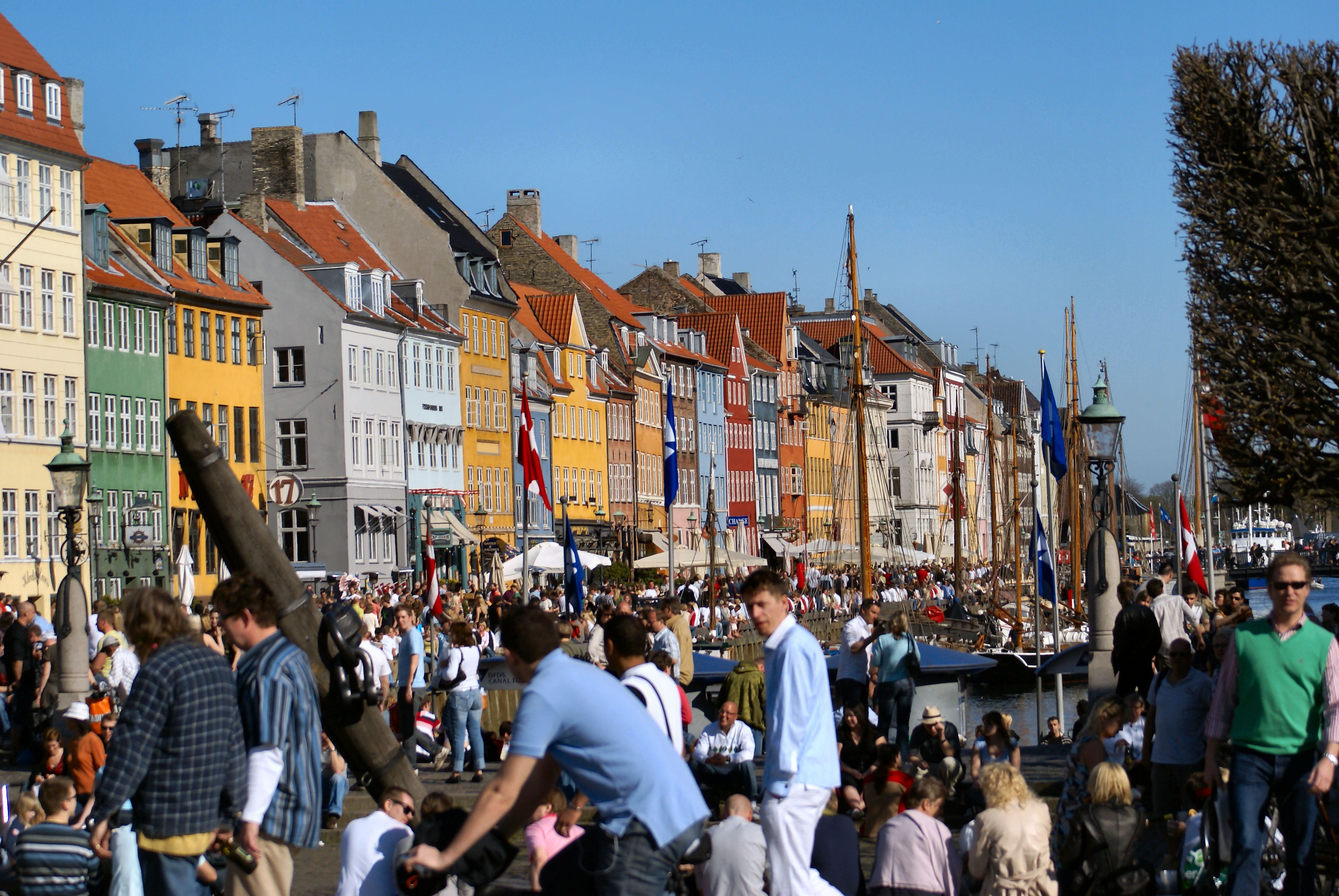A new political agreement for improving conditions in marginalised residential areas, commonly called ‘ghettos’, was agreed yesterday between the government and opposition parties Konservative and Liberal Alliance.
The deal added two new criteria; income and education, to the three criteria previously used to classify residential areas as ghettos. Also included in the deal are promises for new initiatives to tackle the social problems these areas face.
Residential areas are labelled as ghettos if they fall above or below certain thresholds if they meet three of the five definitions – for example having more than 2.7 percent of its residents with a criminal record.
Minister for housing, urban and rural affairs Carsten Hansen (Socialdemokraterne) said in a press release that the new broader criteria enabled social services and policy makers to better target their initiatives.
“I am very happy that we were able to secure a broad political deal,” Hansen said. “With the new selection criteria we have a more nuanced picture of the vulnerable housing associations while also providing new tools to lift the areas out of the downward spiral they are in.”
To fit the new income criteria, residential area’s residents (only those not in enrolled in school) need to earn on average 55 percent or less than the average in the region.
The new education criteria is also met if more than 50 percent of residents aged 30 to 59 have only completed primary school.
These were added to the criteria of criminality (2.7 percent of residents with a conviction), ethnic make-up (more than 50 percent of residents from non-western countries) and employment (more than 40 percent of 18 to 64-year-olds not in work or school).
Following the changes, the government’s preliminary calculations show that there are now 34 residential areas classified as ghettos as opposed to 33 before. Eight are new while seven were removed from the list.
The number of ghettos in Copenhagen will drop from eight to six as Blågården, Sjælør Boulevard and Hørgården were all taken off the list, while Tingbjerg was added.
The government’s deal with the opposition also included initiatives to improve education, employment and safety by ensuring that troublesome residents are better dealt and more easily evicted or moved.
Konservative housing spokesperson Benedikte Kjær stated in the press release that her party was particularly keen on the initiative to make parents more accountable for problem children
“We need to take a firm stance on thugs. That’s why with this deal we are sending a clear signal that parents have a responsibility for ensuring that their children behave.”
Chief opposition party Venstre argued, however, that the deal did little to tackle the root of social problems in ghettos.
“Changing the criteria for what describes a ghetto does not remove the parallel societies that exist there,” Venstre housing spokesperson Louise Shack Elholm wrote in a press release.
She pointed out that while some areas were no longer called ghettos, they still struggled with the same problems with immigration and criminality as before.
“The government is not creating more security with this deal,” Shack Elholm said.
Loïc Wacquant, an internationally renowned sociologist, called on the government to abandon using the term ghetto as it only serves to repress the marginalised residents even further.
“I don’t understand why Denmark compiles lists of marginalised areas or why they are called ghettos,” Waqcuant told Politiken newspaper.
“What happens when we call somewhere a ghetto? Residents with jobs, the educated and those with resources leave as quickly as they can. Because who wants to admit at work or at their studies that they live in a ghetto? It only punishes the well-functioning residents in marginalised areas and leaves behind only the weak, sick and criminal.”












